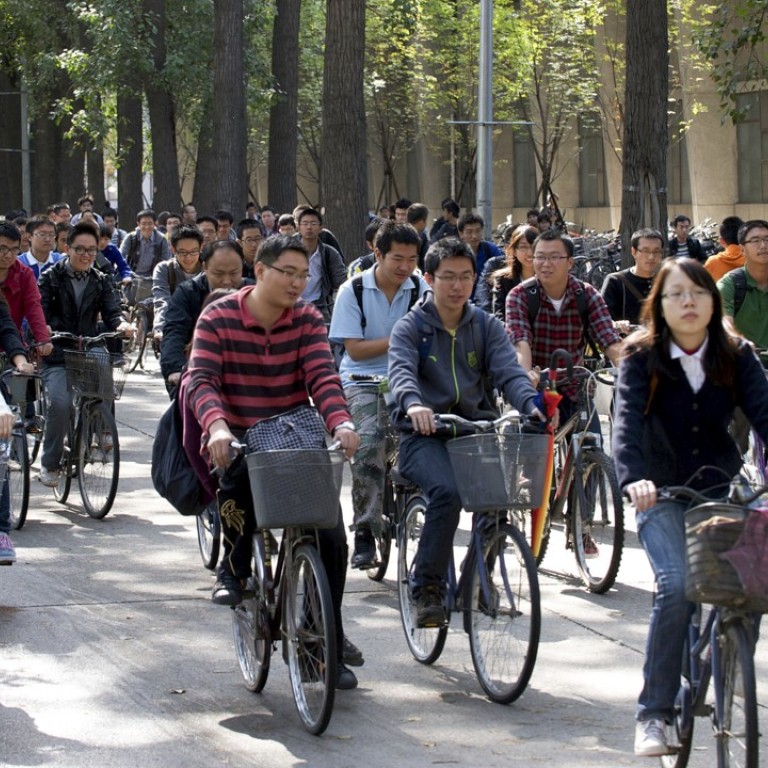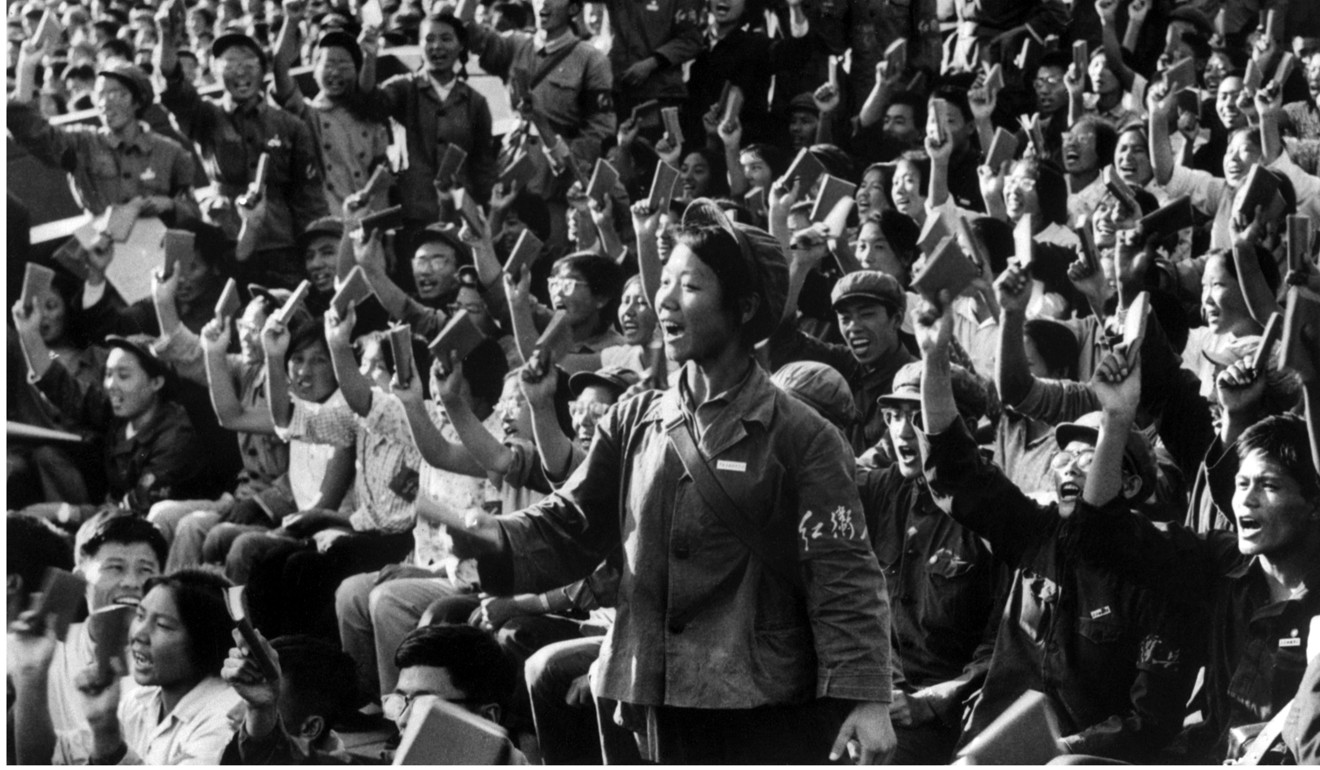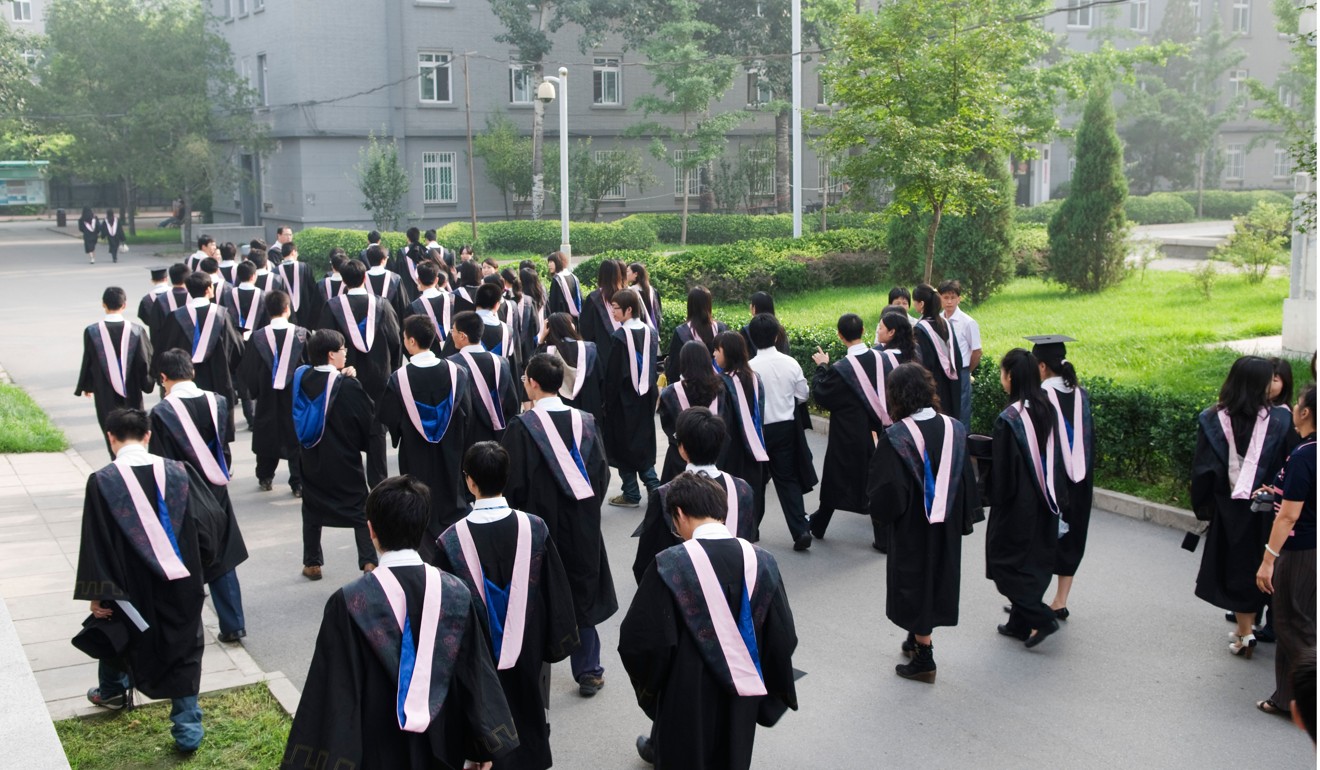
Chinese education officials sorry for announcing Mao-style political background check on students
- Chongqing education body says it used ‘wrong word’ to describe assessment that must be passed before national entrance exam can be taken
- It used the term ‘zhengshen’ – referring to a practice used to bar millions of people from higher education during the Cultural Revolution
Education authorities in southwest China have apologised after they hit a raw nerve by announcing students must pass a “political background check” before they can take the national university entrance exam next year.
But it was the Chongqing Education Examination Academy’s use of the term zhengshen that has ignited controversy – it refers to a practice that was used to bar millions of people from receiving higher education during the Cultural Revolution.
In a statement late on Thursday, the academy said the “wrong word” had been used to describe the assessment. It said it was just referring to the routine assessment of a student’s “ideological and political character” required by the central government during college enrolment, according to the statement posted on its website.
Cornell decision adds to growing climate of fear on Chinese campuses
The academy – which plans and oversees examinations in Chongqing municipality – had laid out the requirement in a post about what students should focus on for next year’s gaokao, or college entrance exam, on social network WeChat earlier this month.
When a notice also appeared in a local official newspaper, it caused an outcry on social media over the ruling Communist Party’s increasing ideological control in universities.

The term zhengshen refers to an investigation – often carried out by grass-roots party members – into not only someone’s own political stance but also that of their friends and relatives.
This political background check was used during the Mao Zedong era to filter out people whose families were categorised as “capitalists” from college admissions in the years before and during the Cultural Revolution.
These days, it is understood to be a procedure Chinese citizens must go through when they want to join the party, the army, or become a civil servant.
Chill and fear in Chinese classrooms as students are recruited to report teachers with ‘radical’ opinions
Xiong Bingqi, deputy director of the 21st Century Education Research Institute, said police and army school applicants still had to undergo zhengshen. But people applying to other higher education institutions did not, which is why the Chongqing announcement had touched a raw nerve.
Chinese high schools must assess their students on political attitude, morality, their studies and other school activities before they can graduate – and they cannot sit the all-important college entrance exam if they fail the appraisal.
In its statement, the academy said its announcement was intended as a reminder about this rule, and it apologised for the “inaccurate wording” and “misunderstanding” it had caused.

Xiong called on the Ministry of Education to remove the barrier so that more people could take the gaokao – the most important exam for a Chinese student that can set their future course.
“Requiring a political background check for college admission is inconsistent with the higher education trend in China,” he said. “Education authorities should instead be removing unreasonable, unnecessary restrictions so that more people can receive a university education.”
China’s university entry exam, gaokao: elliptical, obscure and confusing
The background check controversy comes as Beijing has stepped up ideological control of universities in recent years, with President Xi Jinping vowing in 2016 to make campuses “strongholds of the party’s leadership”. Dozens of colleges across the country, including the prestigious Tsinghua and Peking universities in Beijing, have set up research centres for the study of “Xi Jinping Thought” – the president’s political doctrine. And many universities without a dedicated research centre have added a course on Xi’s theory to their curriculum.
Fears for young Marxist activist missing after police raid in China
During the Mao era, from the late 1950s to the mid ’60s, students whose relatives were considered “capitalists” were turned away by colleges. Between 1966 and 1970, in the first years of the brutal Cultural Revolution, universities in China stopped enrolling new students altogether. After that, until 1977, only the children of workers, farmers and soldiers had access to a university education if they were recommended and approved by local authorities and passed the political background check.

